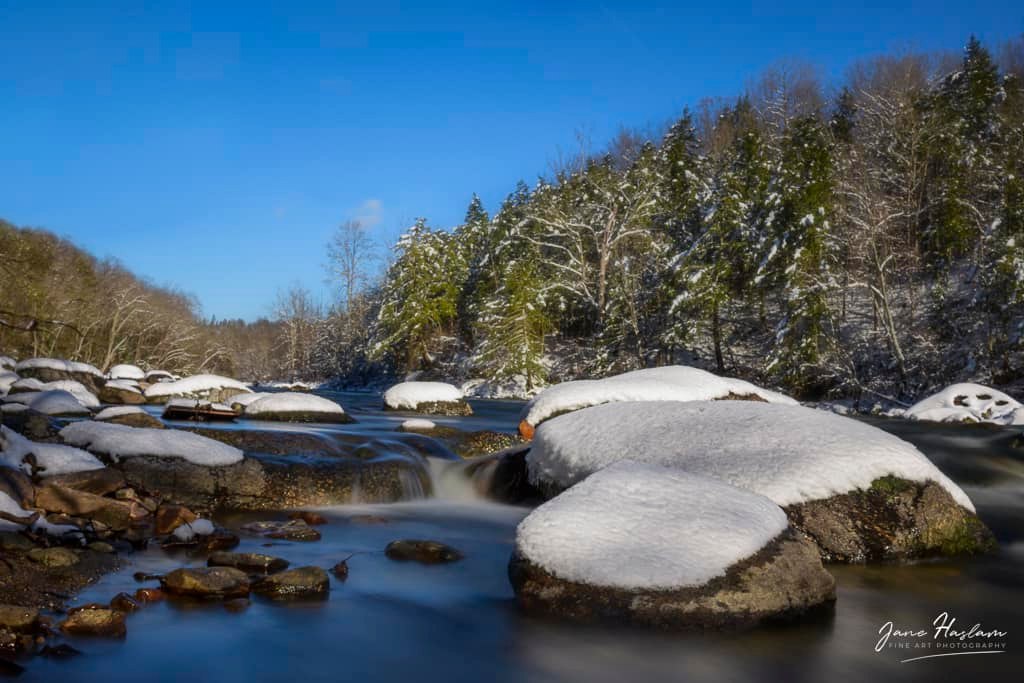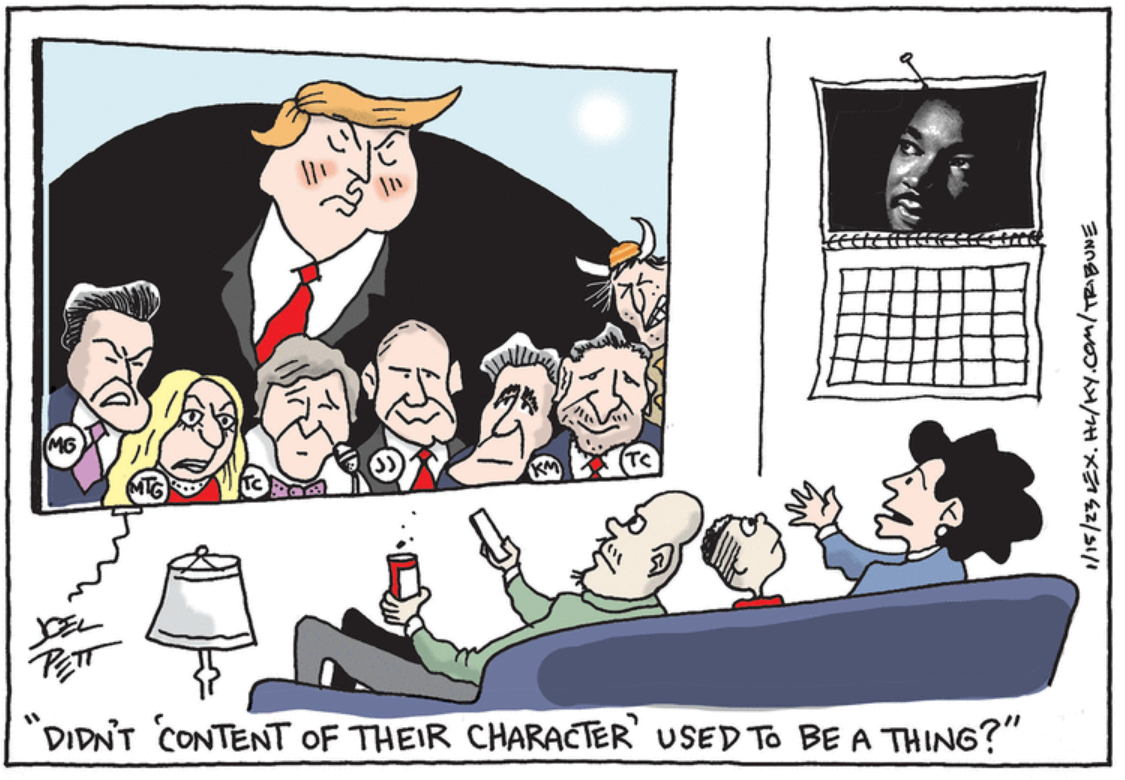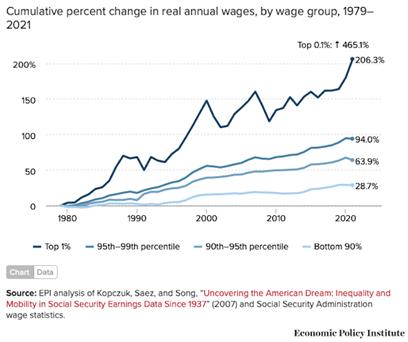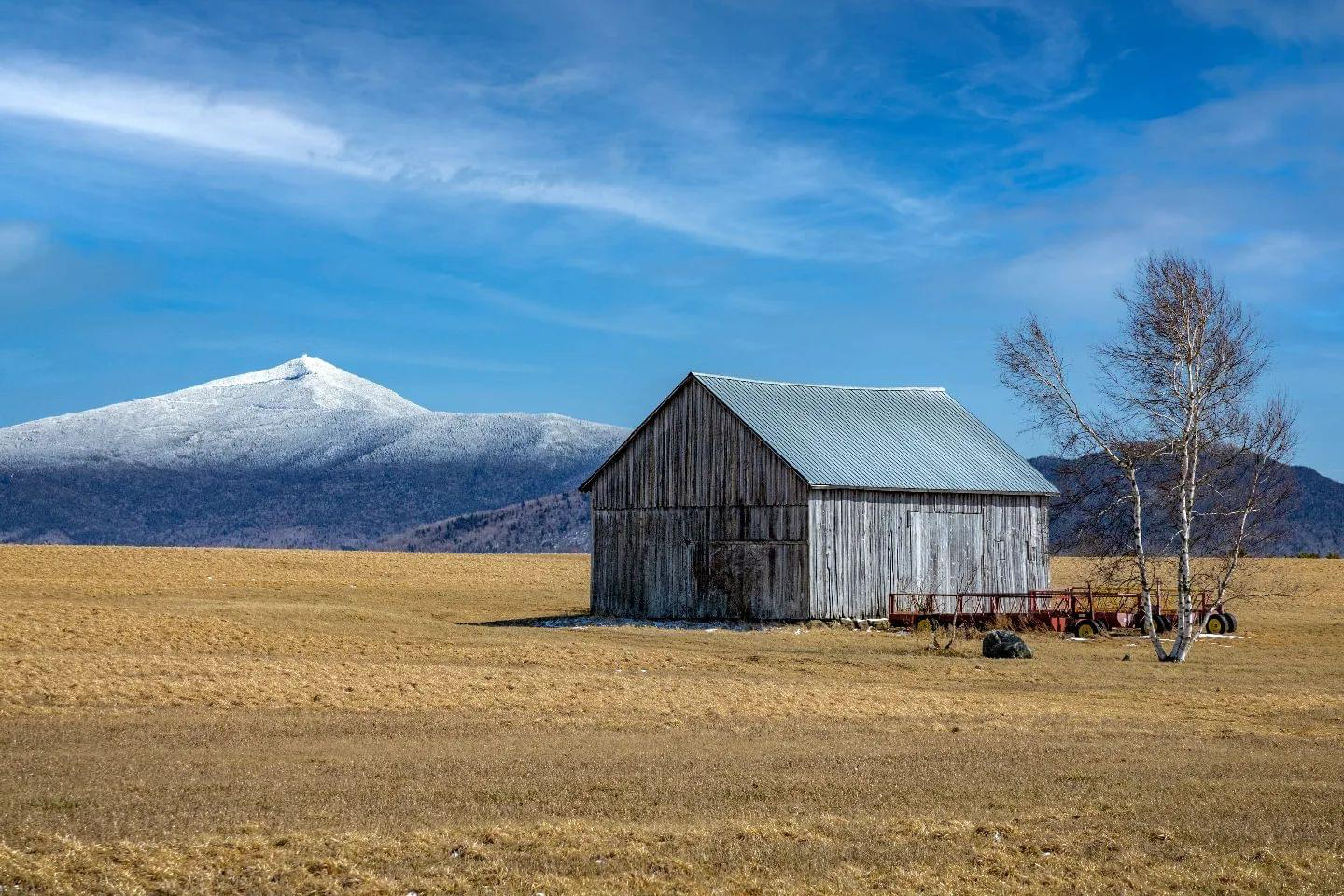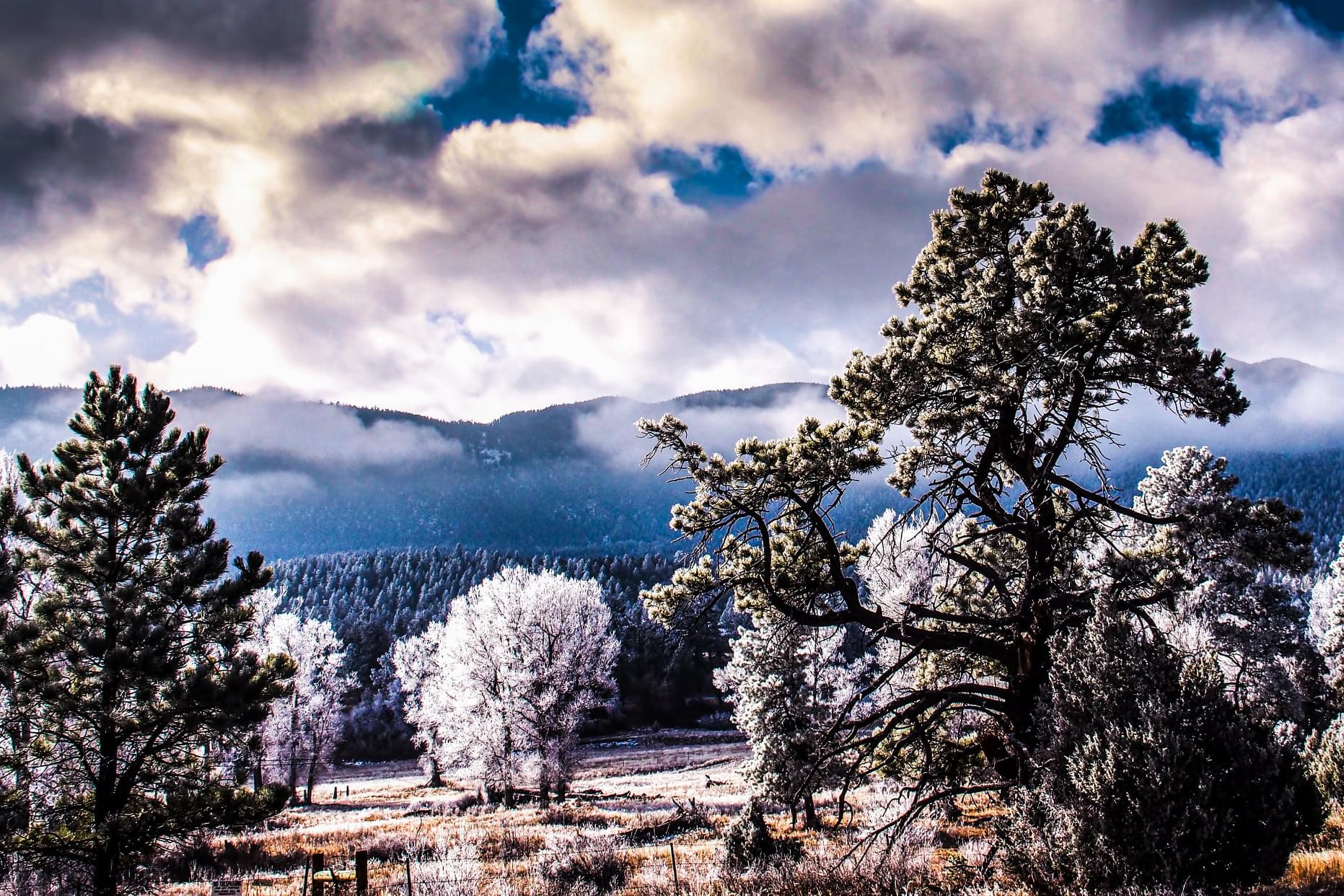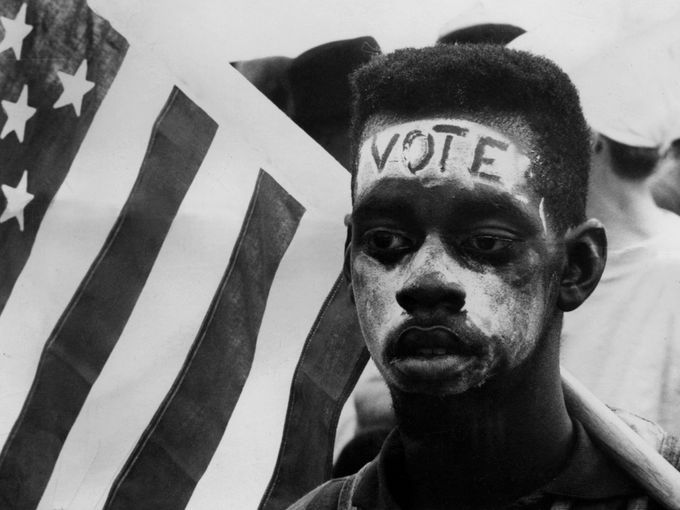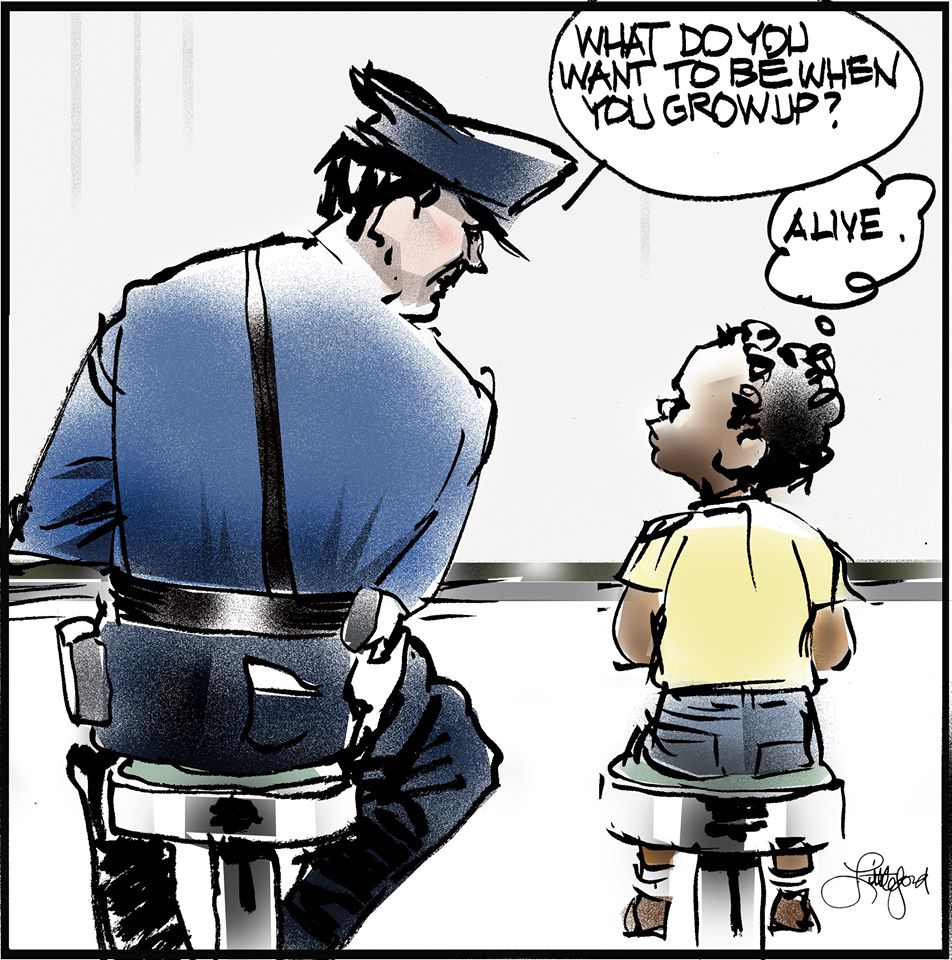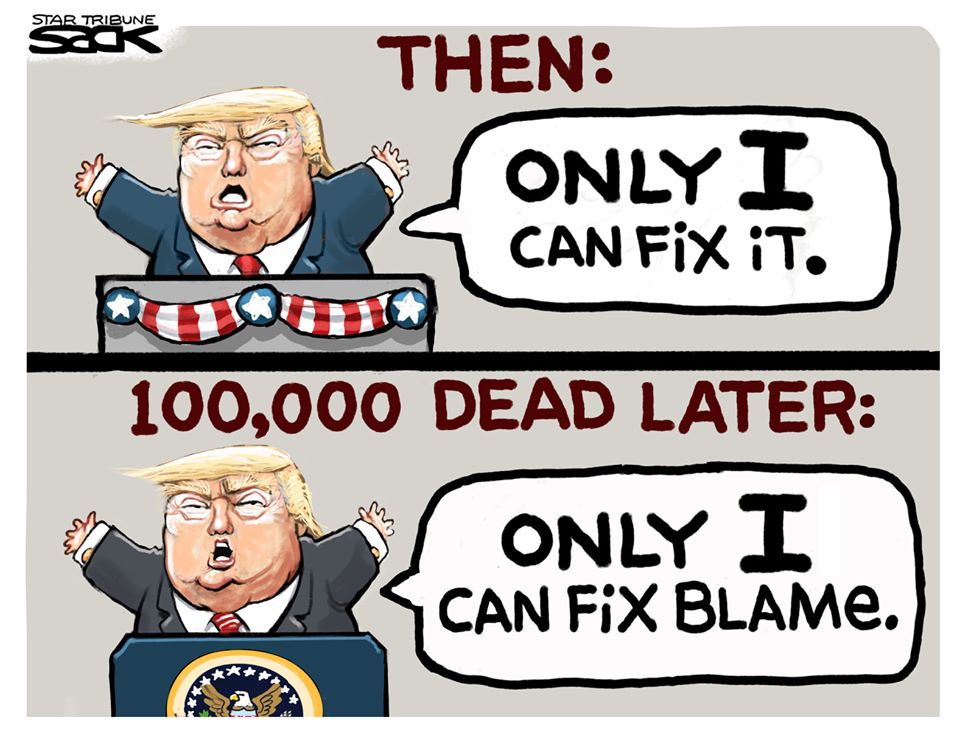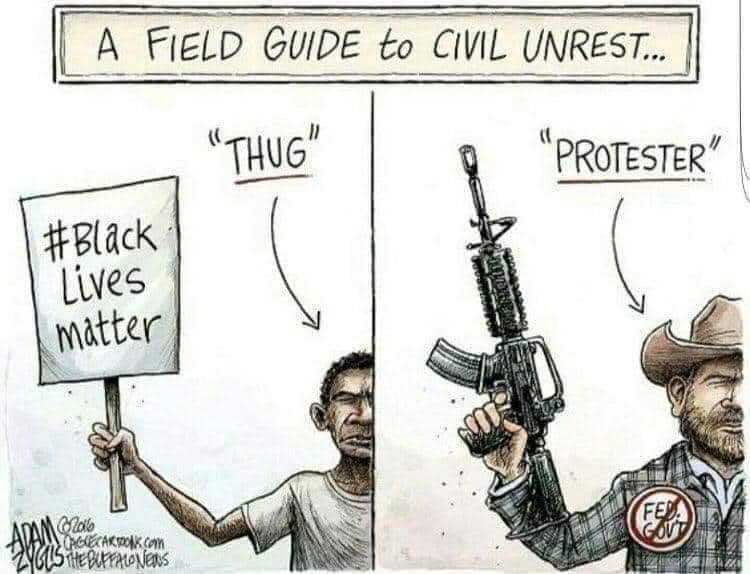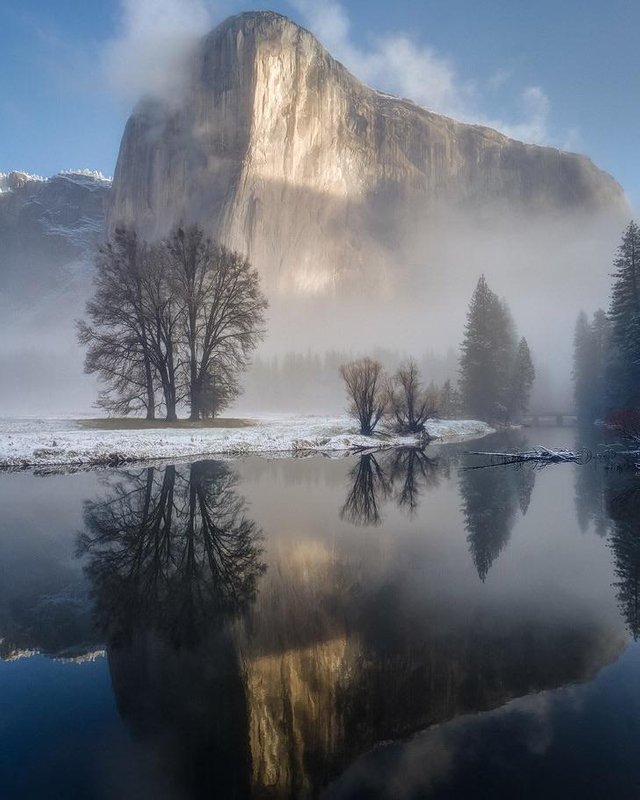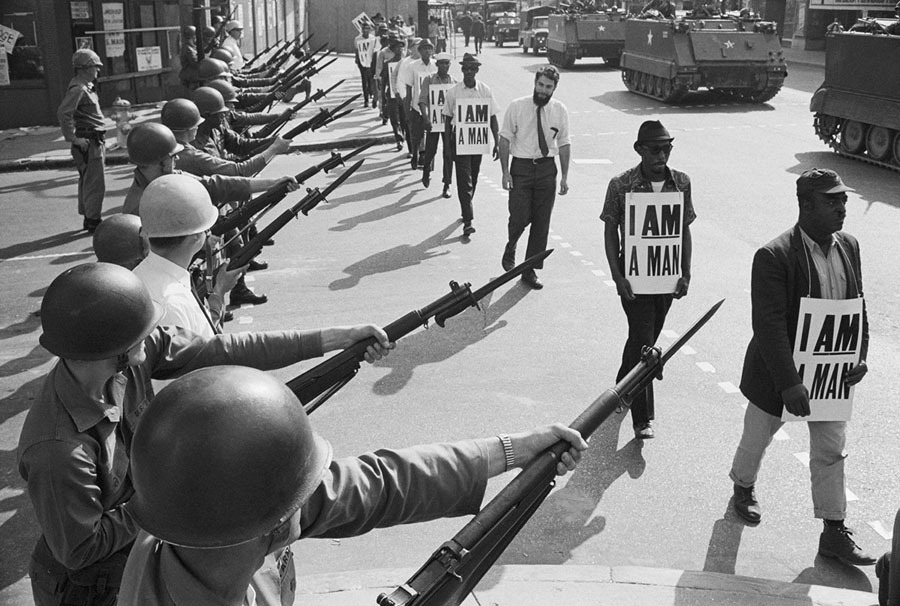The Daily Escape:
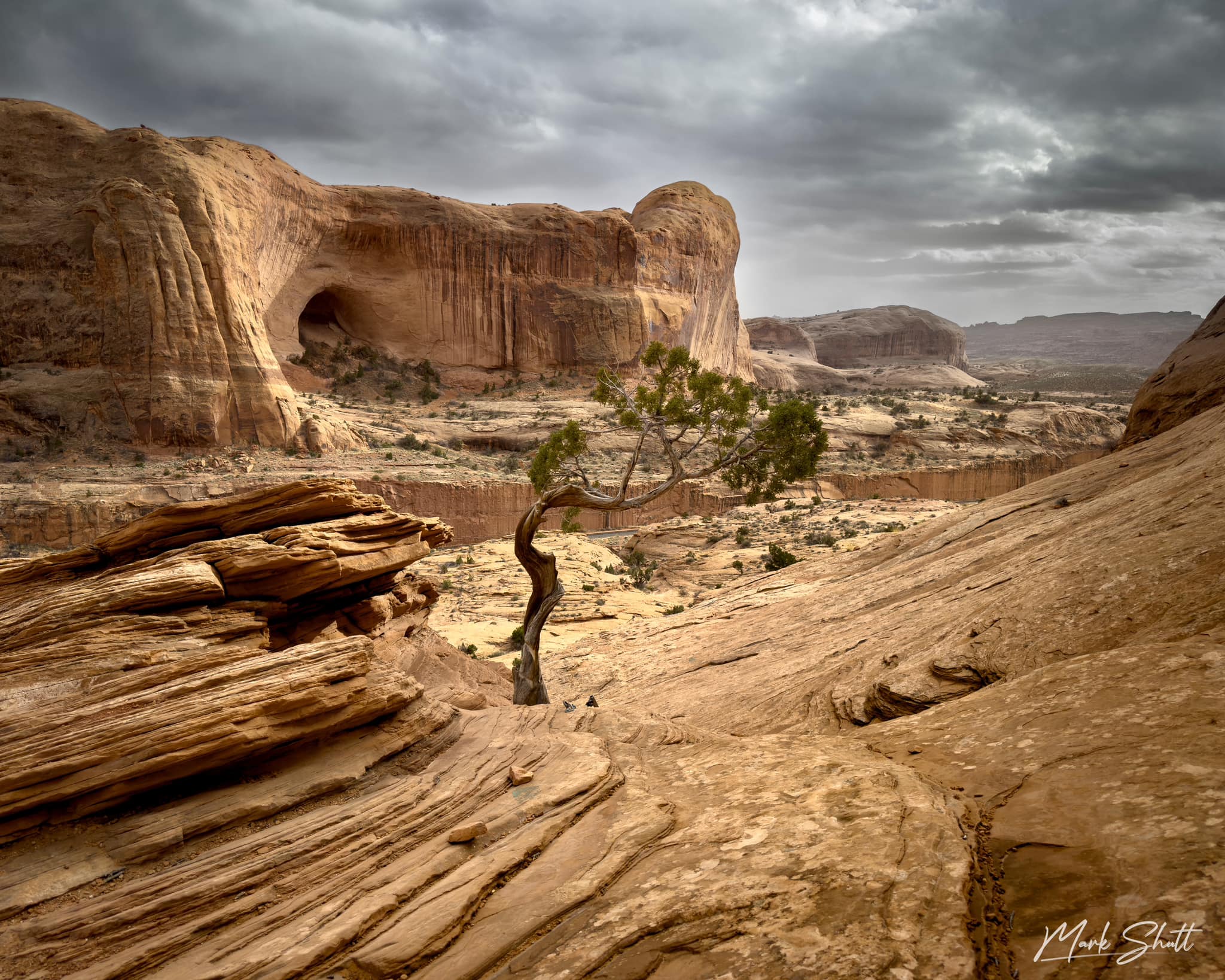
Corona Arch trail, UT – photo by Mark Shutt
Over the past few days, Wrongo and Ms. Right have taken a temporary deep dive back into the 1960s, the Vietnam War, activism and the folk music that accompanied those times. We did this by reading “The Women” a novel by Kristen Hannah, and watching a documentary “I Am A Noise” a truly stunning biopic about Joan Baez.
The scope of both go beyond the 1960s into the 1980s for “The Women” and up to the present for the Baez film, but the Sixties decade is the foundation for the book and the film.
Let’s talk about the book. “The Women” is about the early days of the Vietnam War, and is the story of an Army nurse, Frances McGrath (Frankie). She goes from being a newbie to a highly skilled surgical nurse on the frontlines of the Vietnam War only to return to a changed America that does not welcome home its veterans. Worse, the US government, including the VA, will not recognize that women were even in Vietnam, despite the fact that around 6,000 of them served in-country. How Frankie adapts to a world in which she feels totally out of place is the plot of the novel.
The book also charts Frankie’s PTSD, and estrangement from her upper class family after the war. It is filled with references to the music of the time, and if you are of that generation, all of the tunes will be familiar. While the historical fiction aspects of the novel are engaging, all of the characters are very thinly sketched. Frankie’s several romances propel the narrative, with all of them ending badly, contributing to her spiral into drug and alcohol dependence. It’s not giving too much away to say that she finds a healthy place in society, after many difficult years.
Wrongo has read much of the great literature that came out of the Vietnam War, including O’Brien’s “The Things They Carried“, as well as the extraordinary non-fiction Herr’s “Dispatches“; Sheehan’s “A Bright Shining Lie” and Halberstam’s “The Best and the Brightest“.
“The Women” isn’t up to the standard of any of those books, but it took Wrongo and Ms. Right back to revisit the changes that the Vietnam War brought to America in the 1960s and 1970s.
The Joan Baez film is essentially two stories, first about her being dead-center of the civil rights and antiwar movements, and the second, a starkly frank and difficult look at her life-long struggle with the crippling anxiety attacks she suffered beginning in her teenage years. At one point in the film, she says:
“I’m not very good with one-on-one relationships, I’m good with one-on-two-thousand relationships,”
Her mental health struggles are handled with sensitivity and finesse, although there’s a big reveal near the end.
In the 1950s, Baez was a college dropout singing barefoot in coffeehouses around Boston. She was invited to perform at the 1959 Newport Folk Festival and was “discovered”. That led to her meteoric rise to fame. She sang at Carnegie Hall before she was 18 and was on the cover of Time magazine at 21. Baez says in the film:
“For whatever reason…..I think I was the right voice at the right time.”
Baez’s crystal-clear soprano was unforgettable. Wrongo started listening to her in 1963. Her pure young soprano on the first few albums still give him chills. And her activism placed her at the center of several political movements. She sparked a resurgence of American folk music, sang at both the 1963 March on Washington and at Woodstock. She helped raise Bob Dylan to prominence. She was on the fields with Cesar Chavez. And MLK Jr. visited her after she was arrested for protesting the Vietnam War.
Baez remained interesting if not relevant down through the decades, until today. In the early 1980s, she dated Apple co-founder Steve Jobs. In 2015, Taylor Swift invited Baez to dance on stage with her at a concert. Baez also visited Ukraine with the Ukraine Children’s Action Project, helping raise awareness for the war’s youngest victims.
The film’s big reveal comes about 90 minutes in, when Baez gets therapy and begins to grapple with childhood trauma. Periods of seeming contentment would be followed by breakdowns. After she endured a decade-long addiction to quaaludes, Baez tried to prise out “the kernel” of her interior darkness. It turns out that in therapy, Joan and her younger sister Mimi both believed that they were abused by their father as young children.
Baez thinks that was the cause of her difficulties with intimacy and her long periods of anxiety and depression. Clearly the film shows Baez and her two sisters as having been damaged early in life and then trying to cope with it for the rest of their lives. Ultimately Baez is shown having successfully navigated the past six decades, if not always easily, with her talent, perseverance and courage. See it yourself.
Enough for this week, it’s time for our Saturday Soother where we try to sluff off the tiny particles of outrage that cling to us from another week of political and geopolitical trauma. Here on the Fields of Wrong, the hummingbirds and the bluebirds are back. But this week, we’ve gotten very few things on our to-do list crossed off.
To help you prepare for another week of RFK Jr.’s brain worms and Trump’s trial, grab a seat outdoors in the shade and listen to a few tunes that come from the 1960s. First, the Vietnam anthem “We Gotta Get Outta This Place” by Eric Burdon and the Animals:
There are films that show hundreds of GIs in Vietnam singing this. Next, Joan Baez got her start as a folk singer. Here are two deep cuts from when she was very young. First, the traditional “Will you go laddie go?” Recorded in Edinburgh 1965:
Second, “With God on our side” also recorded in 1965, where she covers Bob Dylan:
This Bob Dylan song was written 1965…. and in 2024 we still don’t get it.

